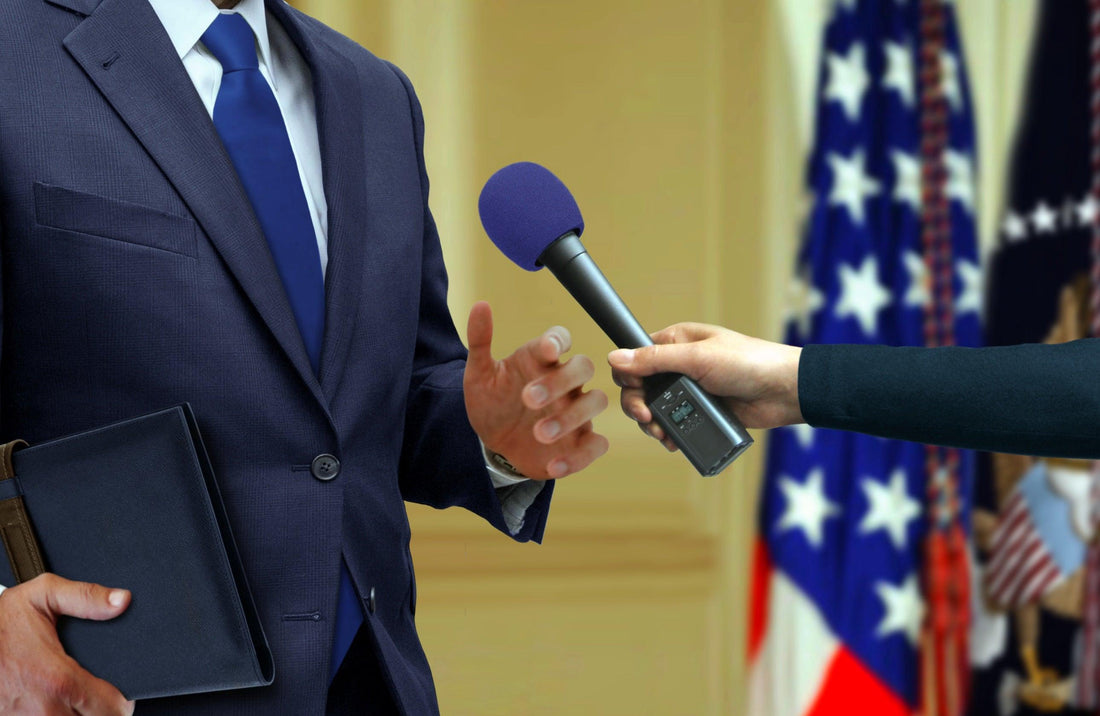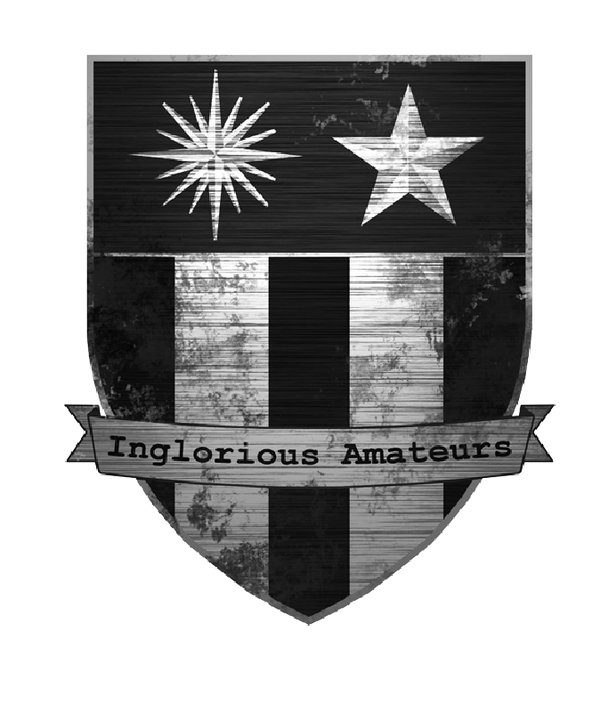
Journalistic Discretion
Share
I’m all about information. With a career in the investigations and intelligence world that should not come as a surprise to anyone reading articles on Inglorious Amateurs. One caveat is that I really dislike ambiguity, hedging, conjecture and embellishing with my information. Simple enough, right?
That is why sources matter. Sources add not only context but also authority to information. Along with sources come motive and intent. That is where things start to really go grey. The key to deciphering the true intent of disclosures of course is knowing the source so you can better assess the motivation and intent driving the disclosure of the information at hand.
In my current and former work protecting sources and methods is one of the first hard and fast rules I learned. If you can’t protect your sources you risk losing them as well as any credibility and safety you projected. So when a journalist cites an anonymous source (usually with a “not authorized to speak…” line in there) I can sort of get it.
Here’s the problem as I see it though. If every story cites one or more anonymous source, the reader is left with unknown motivations and intent behind the disclosure of that information. When a “Senior Intelligence Official not authorized to speak” is cited it projects authority, but it also says that their information was unimportant enough personally to that individual that they felt comfortable breaking the law (disclosing classified information) and sharing it with a journalist. It also puts the journalist in the unfavorable position of witting or unwitting propaganda go between.
In today’s connected world media users expect information instantly. Media outlets exist to spread information, and this is a good thing. Without applied critical thinking and a firm ethical stance on what is and isn’t damaging to disclose, media outlets have become content with holding the gun while unethical policy makers and unscrupulous National Security professionals shoot themselves in the collective foot.
Sean Naylor’s recent book, Relentless Strike is just one example of a collected work that contains a bevy of items not cleared for publication. While its hard to hold Naylor totally at fault, mostly because people talking to him do know better, it still leaves me wondering is the loss of sources and methods as well as personal security worth letting Naylor publish his book?
The same could be said for any number of national security related stories that pop up in media outlets almost daily. Each seems to contain at least one caveat for anonymity by a key source in the story. People like to complain a lot about the CIA putting stories in the media for influence, even if it’s in jest, but I doubt most really understand how unlikely that truly is. The amount of oversight over Agency operations mingling and influencing western media is pretty crazy. In fact, pretty much all operations at the Agency have many levels of approval and oversight. I cannot imagine any large government bureaucracy without some level of oversight, especially related to items that would most certainly reflect negatively on them.
Which brings up the all too popular topic of whistleblowers and the media. A recent online story on former CIA officer turned felon John Kiriakou really sat wrong with me regarding its tone and overall conceit. This is especially true in light of the previous well-researched article by Steve Coll for the New Yorker. I don’t intend to retread too much ground here.
Kiriakou is an odd case in that he seems almost bi-polar in his love/hate with the CIA. It could be explained away by his legal troubles, if it were not for all the inconsistencies in his story. In speaking with Robert Grenier, the former Chief of Islamabad Station, and head of the Counterterrorism Center (among other things in a long and distinguished career at the Agency) it was apparent that some media “truths” about Kiriakou aren’t truths at all. Kiriakou was never the head of counterterror operations in Pakistan, and he was not even in the same city as Abu Zubaydah when he was captured in 2002. That’s just the tip of the iceburg is seems.
So is Kiriakou a whistleblower? As background, the Inspector General Act of 1978, as amended by the Intelligence Community Whistleblower Protection Act of 1998 provides employees and contractors of intelligence agencies with a mechanism for reporting alleged wrongdoing in IC agencies and associated programs to Congress. Under the ICWPA, IC employees have the right to engage in whistleblowing activity relating to intelligence matters of "urgent concern" and to be free from retaliatory actions for such reporting.
Every new employee at say, the CIA, gets briefed on how to report illegal activities or raise concerns. There is a clear path, which just about everyone hired by such a place can easily understand and follow. No doubt its been used in the past, and will be used in the future. People like Kiriakou and Edward Snowden are not whistleblowers because what they did falls outside the scope of the protection act. Divulging classified information couched under the pretext of being a “whistleblower” is just plain illegal.
Based on the biographical articles I’ve read, Kiriakou’s start in the Directorate of Intelligence was fairly uneventful and productive, but his move to the Clandestine Service and his first overseas assignment in Athens, Greece comes across as a nervous officer stricken with a case of the shadows. So much so, as Coll notes, that his constant rear view mirror gazing (not recommended in surveillance detection by the way) had him bumper tapping other vehicles in Athens traffic. This too is something to be avoided by CIA Officers overseas, for a multitude of reasons.
His personality reads as someone prone to compulsive reactions and flights of ego. Couple that with the fact that he left the Agency in 2004 under what appears to be somewhat less than stellar circumstances and you have what might be a ripe target for recruitment. In his contacts with the media circa 2007 Kiriakou seemed to almost “recruit” himself into giving classified national security secrets to journalists. Those same journalists gave some information to defense attorneys representing Al Qaida members being held at Guantanamo Bay.
Though Kiriakou’s sad story is one of a known source, the journalists he was in contact with apparently never considered his motives. The lasting damage done by disclosing the identities of Agency personnel to AQ detainees and anyone else does not seem to have been considered by the journalists or even Kiriakou. The story breaking into the news cycle led to ruining at least one Agency officer’s career and jeopardizing many more careers and lives.
Now Kiriakou has taken up the lauded whistleblower status, as if this were his original intent all along. A simple timeline shows he never considered this until he was getting charged with at least one count of 18 USC 1001, making knowingly false statements, or lying to federal investigators.
It seems Kiriakou’s motive in this case was to bolster his own ego and sell his memoir and Agency experience. It worked for a time, but seems to have fallen apart now. Had the journalists in contact with him delved deeper into his motivation for talking to them, they might have discovered this and assessed that using his information would also open themselves up to the legal problems they later found themselves in. In other words, if not for the security of their nation, reconsidering disclosing classified information might have saved them personal legal troubles.
I agree with the likes of Aki Peritz and Kevin Strouse of the Overt Action blog and their August 18, 2015 DefenseOne article “The Intel Community Needs A Better Media Strategy”. They did an ample job of highlighting a huge problem in our current day-to-day national security structure. We try to pretend way too much is classified. This naturally leads to almost anything becoming a potential leak.
I remember those heady days of working in Langley, lunch time fast approaching and shooting off a quick Lotus Notes message to a few colleagues to see where we were meeting up to eat, and then having to put some kind of classification marking at the bottom of the email. It was nuts to me that we put markings on everything. At one level I get it, at another, if everything is classified, doesn’t that make really damaging information less readily identifiable?
Here’s another thought. If the national security community classifies everything, and leaks still happen, how long before a new secret classification system is put in place? How long before people start utilizing their OWN separate messaging networks to pass information. Too late I guess…
It might seem to go without saying, but we desperately need government professionals to embrace the “SHHH”, at the same time we need media professionals to honestly assess the need for a good story with the security of the nation that gives them the freedom to run with such a story in the first place. It really is that simple. SHHH.
